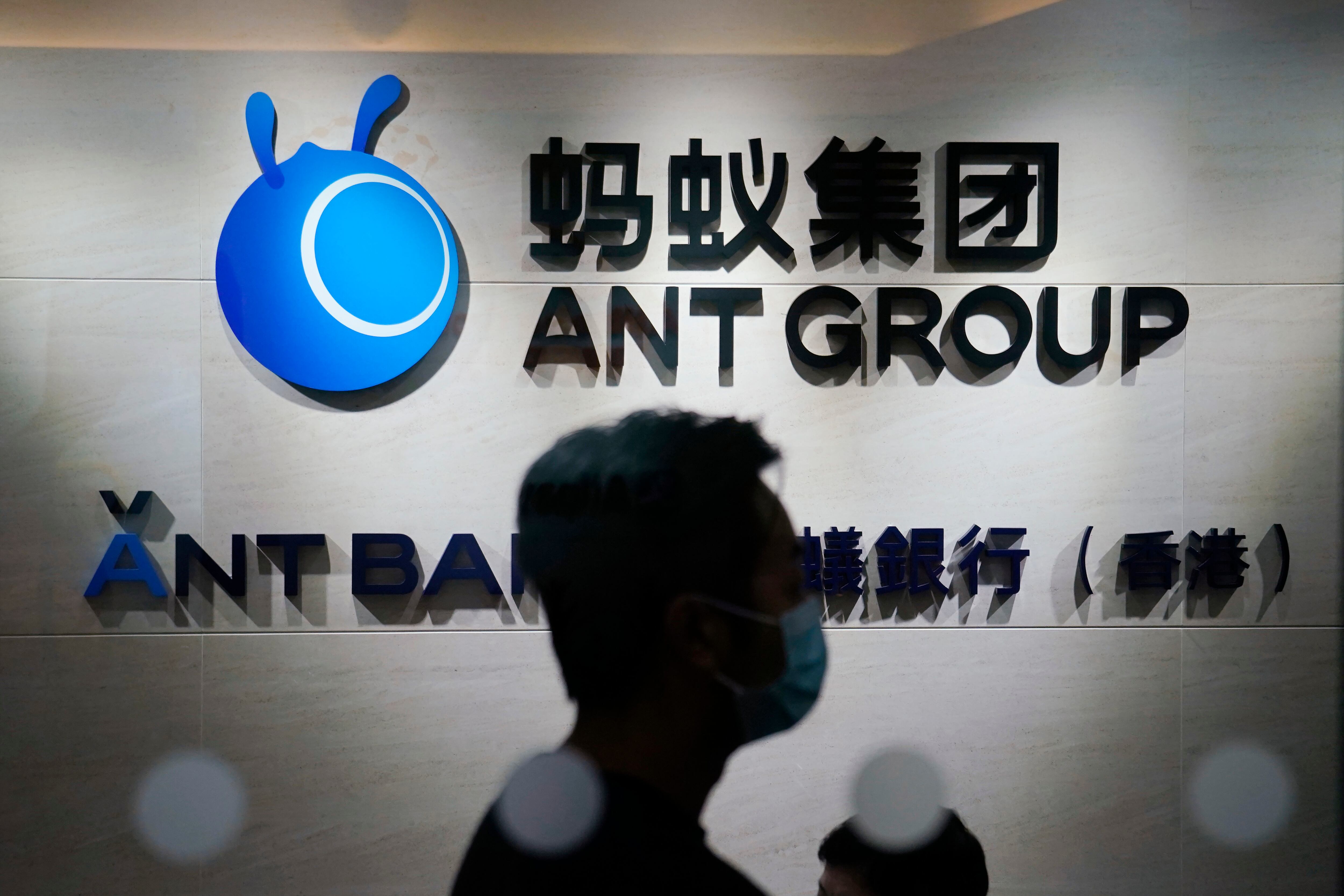From Wall Street to Silicon Valley, these are the top stories that moved markets and had investors, business leaders, and entrepreneurs talking this week on Cheddar.
WORST WEEK SINCE MARCH
Was this the week that the bloom came off the rose? The three major indexes had their worst week since the early days of the pandemic in March, despite a spate of corporate earnings and economic data that ranged from not-that-bad to flat-out-good. The Dow ended down more than 6.5 percent, the S&P fell 5.6 percent, and the Nasdaq dropped more than 5 percent for the week, even as third-quarter GDP rose 7.4 percent on a 33 percent annualized basis, its biggest jump ever. Even weekly jobless claims came in better than expected: 751,000 versus the 778,000 estimate. So what’s happening? It’s all about the virus, virus, virus. The Senate adjourned until after the election, shutting the door on the outside possibility that lawmakers would reach a deal on a new stimulus. That coincided with the worst surge in new covid cases across the country; the U.S. is now recording 90,000+ new cases a day, with hospitalization levels rising and deaths beginning to tick up once again. New lockdowns in Europe and new restrictions in cities like Chicago have investors worried that the much-feared fall wave is here, and this time it’s happening without the federal government stepping in to cushion the economic blow.
TECH EARNINGS
Shares of Facebook, Twitter, Amazon and Facebook helped pull markets lower to end the week after their earnings failed to impress Wall Street. For Twitter and Facebook, the story was disappointing user growth. Twitter grew DAUs by just a million in the quarter, short of expectations, while Facebook actually lost about two million DAUs in the U.S. and Canada. Amazon smashed expectations but investors got skittish about what’s coming for Q4, which is typically Amazon’s busiest period of the year. The company is still expected to surpass $100 billion in sales for the first time ever, but it left profit guidance wide open, noting that the end-of-year period in this unpredictable year is going to be even more unpredictable than usual.
Alphabet was the big outlier, with the stock surging 6 percent after it showed a nice recovery in its core advertising business from the covid-related drop in Q2.
VACCINE LEVEL SET
Pfizer, one of the leading companies working on a COVID-19 vaccine, noted in its earnings call that it had not yet reached the point where it could analyze the results of its Phase 3 trials, currently in progress. That suggests that the trials are taking longer than Pfizer may have hoped, given that it previously said it would know whether the vaccine candidate was working by the end of September. Now, Pfizer is aiming for mid-November for an emergency-use authorization from the FDA. (The good news: Pfizer didn’t say anything about the vaccine not working; just that not enough trial participants have been infected yet). Meanwhile, drugmaker Eli Lilly said it was pulling its antibody cocktail from use in hospitalized patients because it wasn’t working. Again, that’s not necessarily bad news — Lilly said the drug was showing promising results for patients with mild to moderate COVID infections. Regeneron also said its antibody treatment, the one taken by President Trump during his hospitalization, was also showing efficacy for non-hospitalized patients. Taken together, the headlines out of the vaccine and treatment pipeline this week suggest that extraordinary progress is being made in a short time, but the idea that any of these drugs are a silver bullet that will imminently end the pandemic is simply wishful thinking.
AMERICA RUNS ON … PRIVATE EQUITY
Dunkin Brands, the parent of Dunkin’ Donuts and Baskin Robbins, confirmed that it is in talks to go private, sending shares up an initial 18 percent on the news, first reported by the New York Times. Dunkin is negotiating a sale to private-equity backed Inspire Brands, which has created a strong portfolio of quick service restaurants in recent years, including Arby’s, Buffalo Wild Wings, and Jimmy John’s. Dunkin’, like just about everyone in the restaurant space, has been hit hard by the pandemic, especially its locations in urban centers that have been all but abandoned by office workers since the spring. Nearly 700 U.S. cafes closed in the last quarter as the brand tries to cut costs and realign around what’s working for the quick-service industry — namely mobile ordering, pickup, and drive-thru. Despite the pandemic, Dunkin shares are up some 33 percent this year, partially due to its strength in mobile ordering that was apparent even pre-COVID.
TINY BUG, GIANT IPO
Ant Group’s name belies its size: more than one billion active users, annual payment volumes bigger than those of either Visa or Mastercard, and now, an astounding $3 trillion in orders for its upcoming IPO. The Chinese fintech giant is set to go public in the biggest offering in history: a $34.4 billion raise spread across exchanges in Shanghai and Hong Kong that will dwarf the previous record holder, Saudi Aramco. Retail investors have been clamoring for a piece of the dual offering, putting in trillions in bids that far exceeds the number of shares that are actually being offered to the public. When Ant goes public next week, Jack Ma — who is already the richest person in China — will be catapulted into the rarified circle of the world’s top billionaires, according to Bloomberg. Ma started Alipay, Ant’s core product, back in the early days of the e-commerce boom. Alipay has since grown to become the backbone of China’s entire digital payments industry, processing $17 trillion in payments every year.









